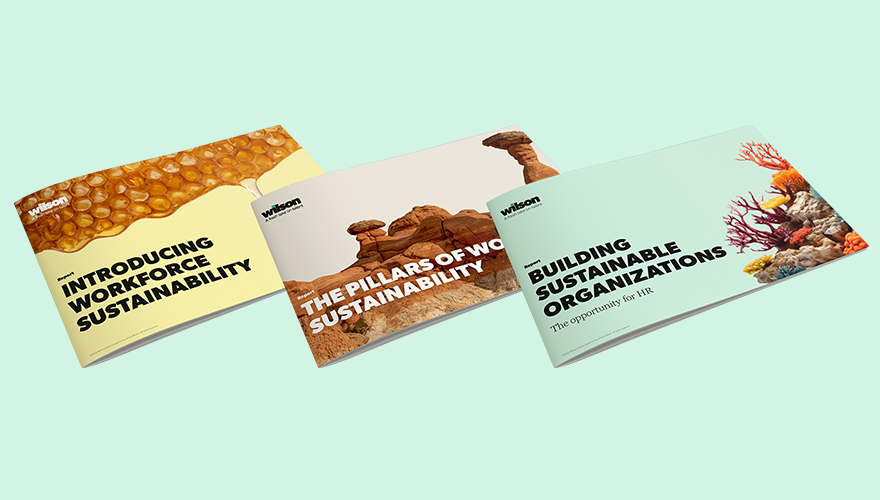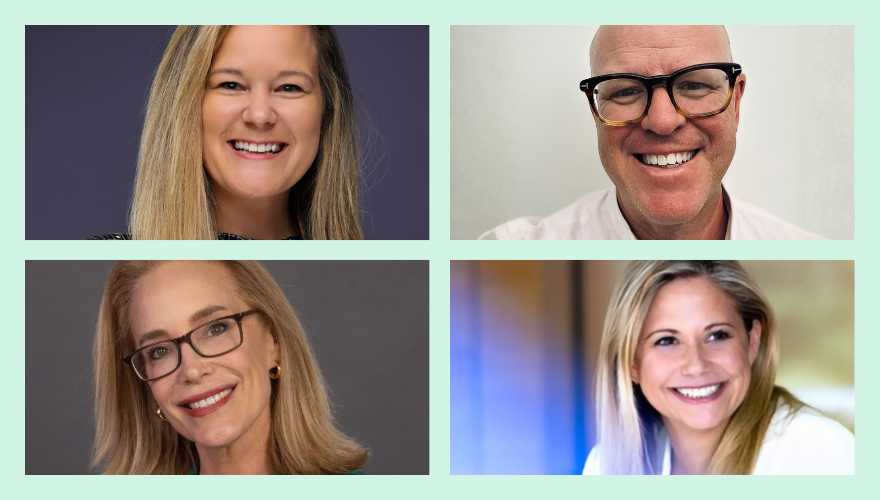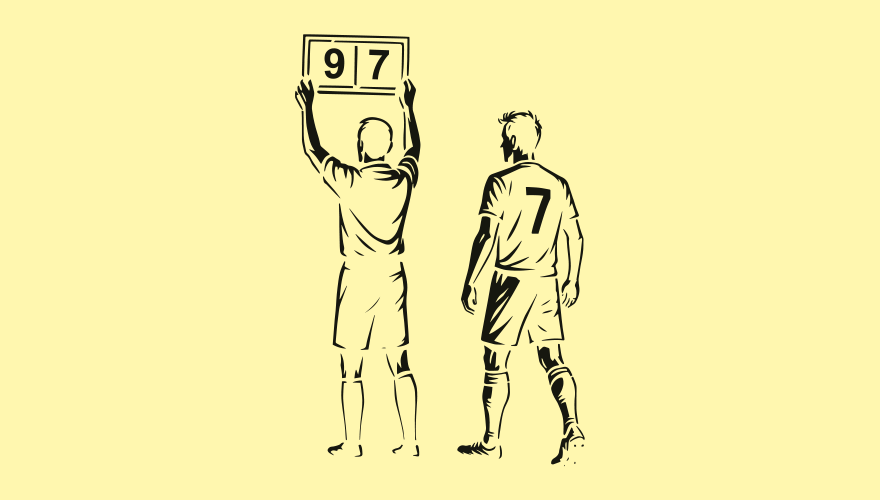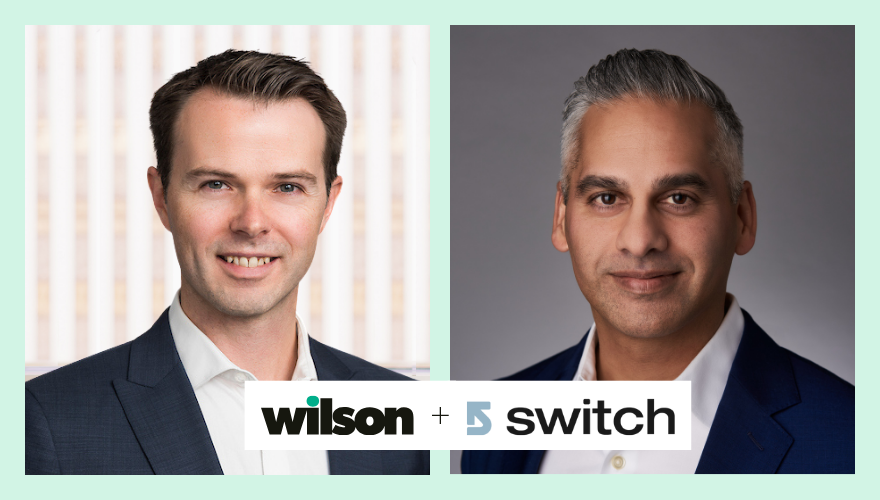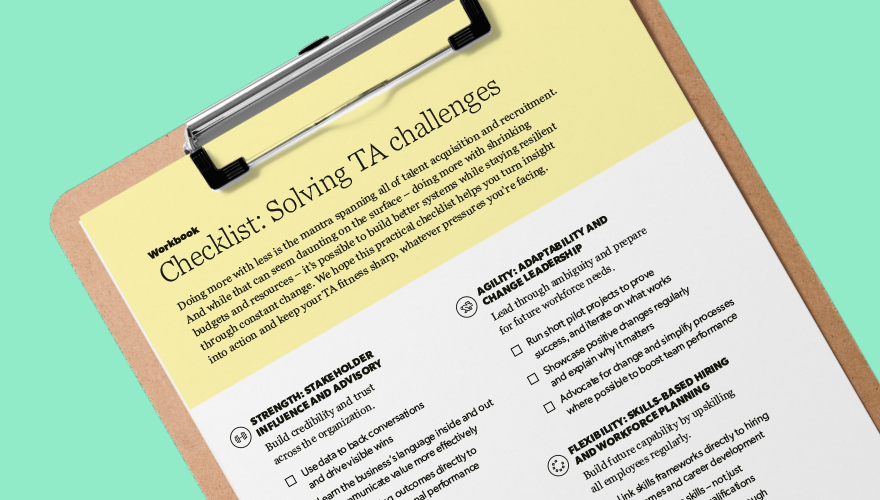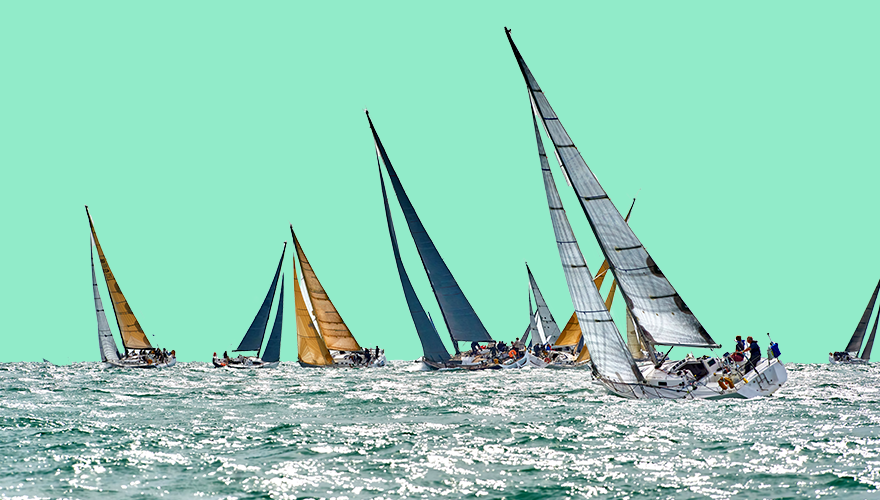Blog
Why learning is the key to true workforce sustainability

How can continuous learning drive workforce sustainability? We explore these questions with a Q&A with associate professor Gianpiero Petriglieri.
Q: In the context of workforce sustainability, how important is learning?
GP: It’s fundamental. Sustainability is about continuity - ensuring an organization evolves over time. Learning is how people and companies change and adapt. Just as ancient communities had to evolve from hunting to farming, today’s organizations must adapt to meet the changing needs of their people and the world around them. Adaptation always requires learning.
Q: HR often talks about retention, but you suggest mobility is just as important. Why is that?
GP: We tend to focus on retention as the metric of success, but in reality, talent wants growth. Having a sustainable workforce is not about keeping people forever, it’s about offering meaningful development, even if that leads somebody elsewhere. Organizations that support growth earn a reputation as places where careers are built. That reputation, in turn, attracts more great people. The community does not just endure, it renews.
Q: What are the key roles that learning plays?
GP: First, attracting talent isn’t just about hiring, it’s about integrating new people into the culture and values of the organization. That’s a learning process. They’re absorbing how the company thinks and operates.
Second, once in, performance relies on whether people have the skills and support they need. Continuous learning ensures that they can meet today’s demands while preparing for tomorrow's.
Third, sustainability depends on the future - do employees see a path forward? Are we helping them realize their potential? If not, they’ll look elsewhere. Learning here is about helping people grow in ways that align their aspirations with the company’s direction.
Q: Do you think the meaning of employee loyalty has changed?
GP: Yes. In the past, workforce sustainability was tied to loyalty, but today it depends on the quality and availability of learning opportunities. When companies invest in their people, they see greater engagement and longer tenure, but it’s not about locking people in. It’s about creating value in both directions. Learning is that value.
Q: You distinguish between three types of learning – instrumental, humanistic, and connector learning. What’s the significance of each?
GP: Instrumental learning is what we often think of - skills for the job. It’s necessary but not sufficient. Humanistic learning is about personal growth - understanding oneself and seeing one’s role in a broader context. Connector learning is where the magic happens - it helps people feel included, valued, and connected to others and to the mission of the organization.
All three are essential for workforce sustainability. You need the skills, the self-awareness, and the sense of belonging and purpose.
Q: What role should HR play here?
GP: HR should be the architect of sustainable organizations. That means more than streamlining processes or upskilling - it’s about cultivating well-being, purpose, and legacy. A question I often ask leaders is: What kind of person does someone become after working here for ten years? If the answer isn’t inspiring, something’s wrong.
Q: So what does a truly sustainable workforce look like to you?
GP: It’s a community where people find meaning, connection, and impact. It’s a place that helps people grow not just professionally, but personally. And it’s a system that sees employees not as resources, but as people to be developed, and who leave the organization better than they found it.
Q: And your final message to HR leaders?
GP: Think long-term. Think human. Your job is to build places people are proud of - places that leave a legacy worth inheriting.
About Gianpiero Petriglieri
Gianpiero Petriglieri is associate professor of organisational behaviour at INSEAD, and an expert on leadership and learning in the workplace. You can learn more about his work on www.gpetriglieri.com and find him on Instagram @g.petriglieri
Workforce sustainability
Check out more from other thought leaders in our featured content series to help you build a workforce that's resilient, adaptable, and ready to take on the future.
